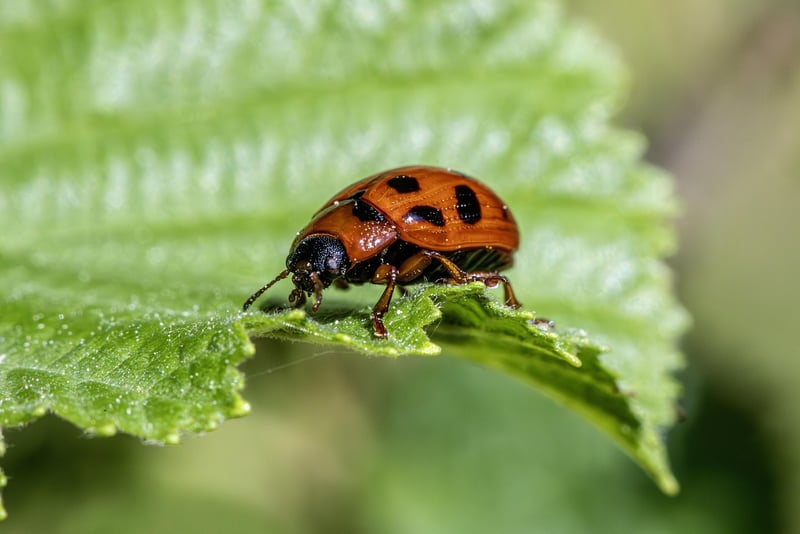Pest control strategies
Keeping Your Vertical Garden Healthy: Pest Control Strategies
Vertical gardens are a great way to bring greenery into small spaces and add a touch of nature to your surroundings. However, just like traditional gardens, vertical gardens can be susceptible to pest infestations that can harm your plants. To keep your vertical garden healthy and thriving, here are some essential pest control strategies to implement:
1. Choose the Right Plants
Start by selecting plants that are less prone to pest attacks. Research which plants are resistant to common pests in your area and choose them for your vertical garden. This proactive step can significantly reduce the chances of pest problems in the first place.
2. Regularly Inspect Your Plants
Make it a habit to inspect your plants regularly for any signs of pest damage. Look for holes in leaves, discolored spots, or webs on the plant surface. Early detection of pests can help you take immediate action to prevent the infestation from spreading.
3. Introduce Beneficial Insects
Consider introducing beneficial insects like ladybugs or lacewings to your vertical garden. These insects are natural predators of common garden pests and can help keep pest populations in check without the need for harmful chemicals.
4. Use Natural Pest Control Methods
Instead of reaching for chemical pesticides, opt for natural pest control methods like neem oil spray, insecticidal soap, or garlic spray. These organic solutions are effective at controlling pests while being safe for your plants and the environment.
5. Maintain Proper Hygiene
Keep your vertical garden clean and tidy to prevent pest infestations. Remove any dead leaves or plant debris regularly, as they can attract pests and create breeding grounds for them. Proper hygiene can help minimize the risk of pest problems.
6. Monitor Moisture Levels
Overly wet or dry conditions can make your plants more susceptible to pests. Make sure your vertical garden has proper drainage to avoid waterlogged soil. Monitor moisture levels regularly and adjust your watering schedule accordingly to keep your plants healthy and pest-resistant.
7. Seek Professional Help if Needed
If you notice a severe pest infestation in your vertical garden that you can't control on your own, don't hesitate to seek help from a professional pest control service. They can provide targeted solutions to eliminate the pests while ensuring the safety of your plants.
Conclusion
By following these pest control strategies and staying vigilant in caring for your vertical garden, you can keep your plants healthy and pest-free. With the right approach, you can enjoy a thriving vertical garden that brings beauty and tranquility to your space.
Remember, prevention is key when it comes to pest control, so implement these strategies proactively to safeguard your vertical garden.

Image source: Pixabay
